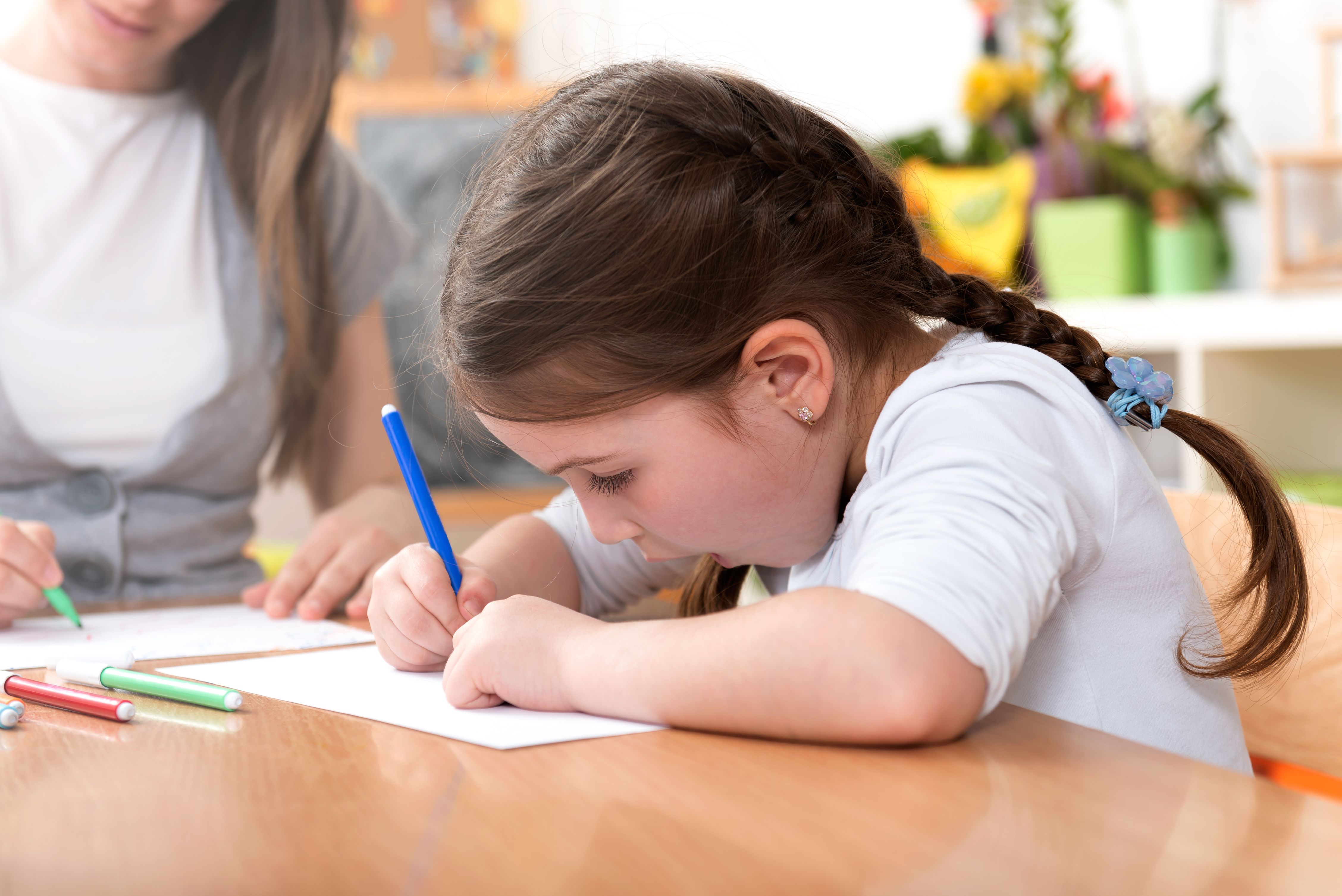
The Victorian primary school curriculum is so jam packed that sometimes it can feel like there are endless topics your child needs to learn each year. From turning mixed number into improper fractions to endless lists of spelling words – it can be hard to know what primary school skills are the most important.
In an ideal world, your primary school child would remember and grasp the key concepts of every topic. But in reality, this is a huge expectation to place on children. To make things easier for your child, prioritising these two key areas will help them more seamlessly transition from primary school into year 7.
What are the two key skills every primary school student needs to enter year 7?
1. Times Tables
2. Reading
Times Tables
The times tables underpin so many topics in high school maths. For instance, turning mixed numbers into improper fractions, finding factors, all require quick recall of tables.
Maths is like building a house – the foundation must be secure to add later furnishings.
Using this example, consider times tables to be the foundation. If a child is still having immense difficulty working out their times tables in year 7 – the more advanced maths topics, covered in years 9, 10, 11 will cause immense difficulty for them.
Learning tables is easier said than done, though. But it’s certainly not impossible. Here are some handy hints to help.
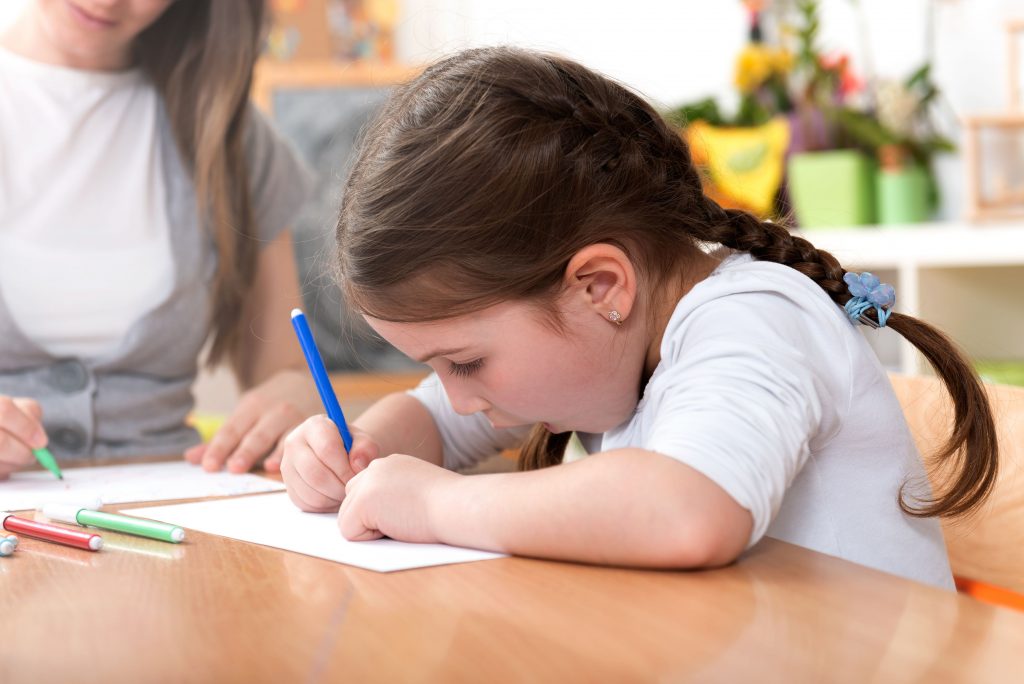
1. Repetition leads to mastery
Remembering tables facts takes a lot of time, effort and practice. For children with working memory problems, this is especially true.
To put tables facts into long term memory, your child will require a ton of deliberate practice.
For deliberate practice, sitting down and working through times tables drills each week will be a huge help. Have your child write down all the multiples of the tables first, before working through the worksheet.
2. Spaced Practice
Help your primary school child to do spaced practice – by doing a few tables drills across several nights per week. Spacing the information helps them to learn and for the information to be permanently stored in long-term memory.
Doing a little and often is the best bet to consolidate learning.
There are a variety of useful apps you can download which cover tables drills too. You could do fun activities like play basketball, and have your child take a shot at goal every time they get a times tables question right.
The idea is to keep learning tables fun and challenging for kids. Since children love YouTube, have them watch a few funny American teachers who have made viral times tables songs.
Practising the tables in a variety of ways will strengthen the brain pathways and help your child to remember.
3. Focus on one times table at a time
If you’re helping your primary school child at home, don’t try to cover all the tables at once. Help your child to master the two times tables first, before moving onto the 5s, 10s and 3s.
Once a child has learnt up to the 6s times tables, tables facts begin to repeat themselves. E.g. 3 x 7 = 21, Then 7 x 3 – 21 (repeated again in the 7s). Breaking down learning the tables into smaller, more manageable chunks will make the task of learning times tables less overwhelming for your child.
Starting with the 12s or 9s is likely to be overwhelming for younger primary school students and your child could lose a lot of confidence and morale if you start with the harder tables. Instead, focus on smaller numbers to begin with and work your way up.
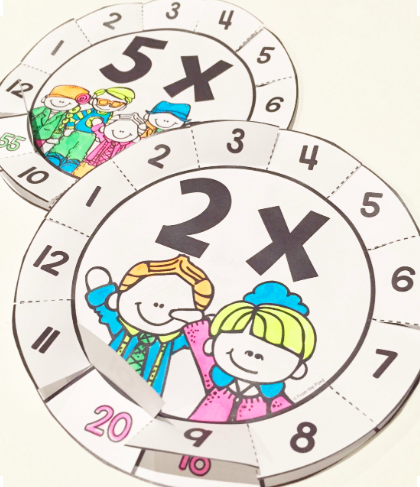
4. Link times tables to division
Primary school students need to link multiplication and division facts before they enter high school. They must understand that 3 x 8 = 24, and that we can use these numbers to divide as well, e.g. 24 % 8 = 3.
Practising times tables drills alongside division teaches children that multiplication and division facts are relate and fit together.
This will make adding, subtracting and dividing fractions much easier in year 7 when students must find factors.
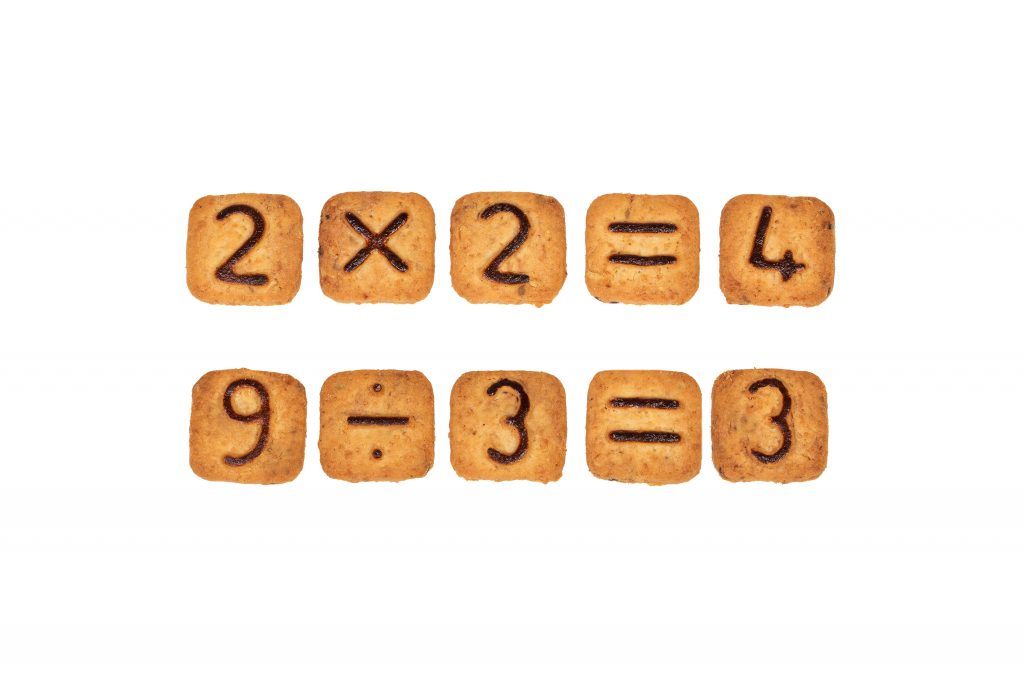
Reading
It is hard to think of a single high school or primary school subject that doesn’t require solid reading skills.
Students must read books, information reports, their textbook and make sense of and summarise huge swathes of text across English, Literature, History, Geography and maths.
If you child cannot read fluently or sound out words properly, they will find it incredibly hard to make sense of what they are reading and to do the required work.
Your child will be on the back-foot from the get-go in year 7 if they don’t have solid reading skills. intervening early and making reading an absolute priority in the primary years is essential.
1. Decoding words
Decoding words involves applying the phonics rules of English to correctly sound out a word. It requires knowing that certain letter combinations stand for one sound. A phoneme (sound) can be represented by 1, 2, 3 4 letter combinations.
For example, to read with confidence, your child must understand that “ci” makes the “sh” sound in the word optician – op-ti-ci-an. This is decoding in action.
By the time they start year 7, your primary school child should confidently be able to read the more complex symbols (graphemes) and the corresponding sounds that go along with these.
This way, your child will be able to focus on more high order reading skills, like comprehending the meaning of the texts they are reading.
2. Comprehension skills
Comprehension is truly the reason for it all. It is why we read – to learn, to make sense of and to understand what the author is trying to say.
Comprehension is about being able to find meaning through reading. Comprehension involves extracting meaning from text using knowledge of words, concepts, fact and ideas.
Good writers write to entertain, to persuade or to inform. Understanding what the text’s purpose is allows your child to summarise information, take good notes, answer questions and to construct meaning.
3. Improved Vocabulary
Children who read regularly and read for pleasure have a much wider vocabulary than students who do not read regularly. In fact, this difference starts at the very beginning of school.
If a child was read to every day as an infant – they will have been exposed to 290,000 more words by age 5 than those who don’t regularly read books with a parent or caregiver. These children are likely to pick up reading skills more quickly and easily in primary school.
This difference in the number of words a student knows and is exposed to, compounds throughout primary school. There can be a huge difference in the number of words known by year 7 and the gap between the language-rich and the language-poor grows over time.
A wider vocabulary equates to general world knowledge and greater intelligence.

Better Writing Skills
A wider, richer vocabulary helps a child write more interesting sentences. Writing essays and narratives will be easier for your child – as your child has a bank of words in their memory to draw from to make their sentences more detailed.
For example, instead of writing “The man was very sad,” a child with a strong vocabulary may write “The tired, miserable man was grief-stricken.”
Good writers regularly add to their writing descriptive adjectives and adverbs. Reading regularly will expose your child to many different words which will have the benefit of improving their narrative and persuasive writing skills as well.
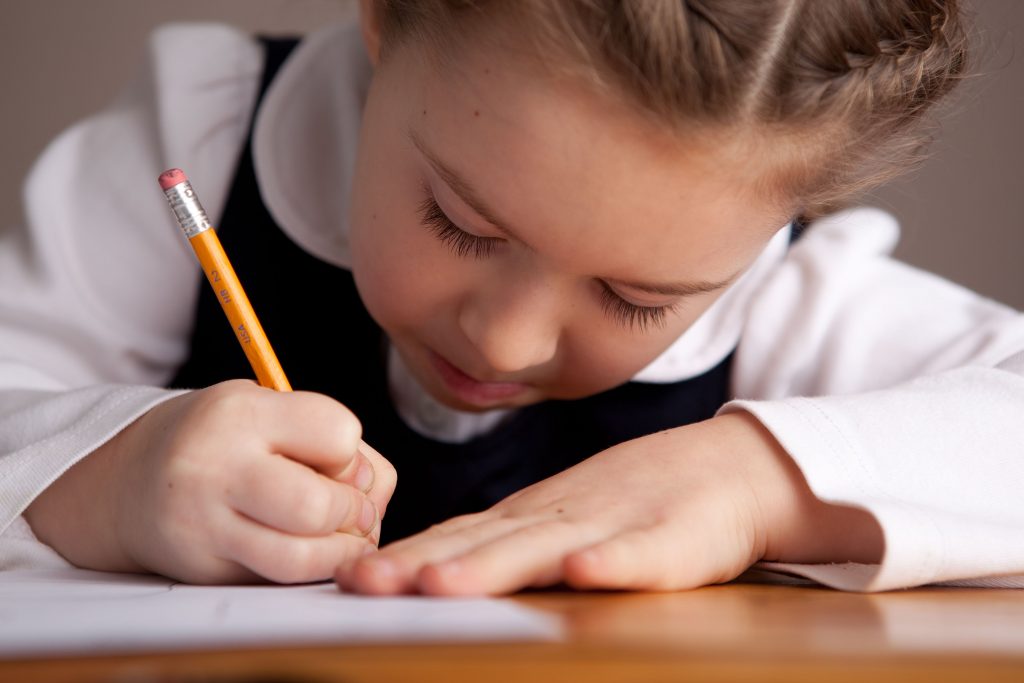
Conclusion
Making the transition to high school is a big step up, socially and academically for many children in year 6. Forming new routines, making new friends and the demands of the school curriculum all dramatically increase in year 7. Your child will go from being the top of their primary school school to being a small fry in a big school again.
To make the transition easier, focusing on the two core skills of reading and times tables will help your child to tackle the academic challenges of year 7 confidently.

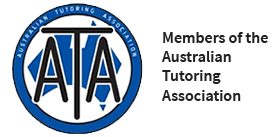
Recent Comments